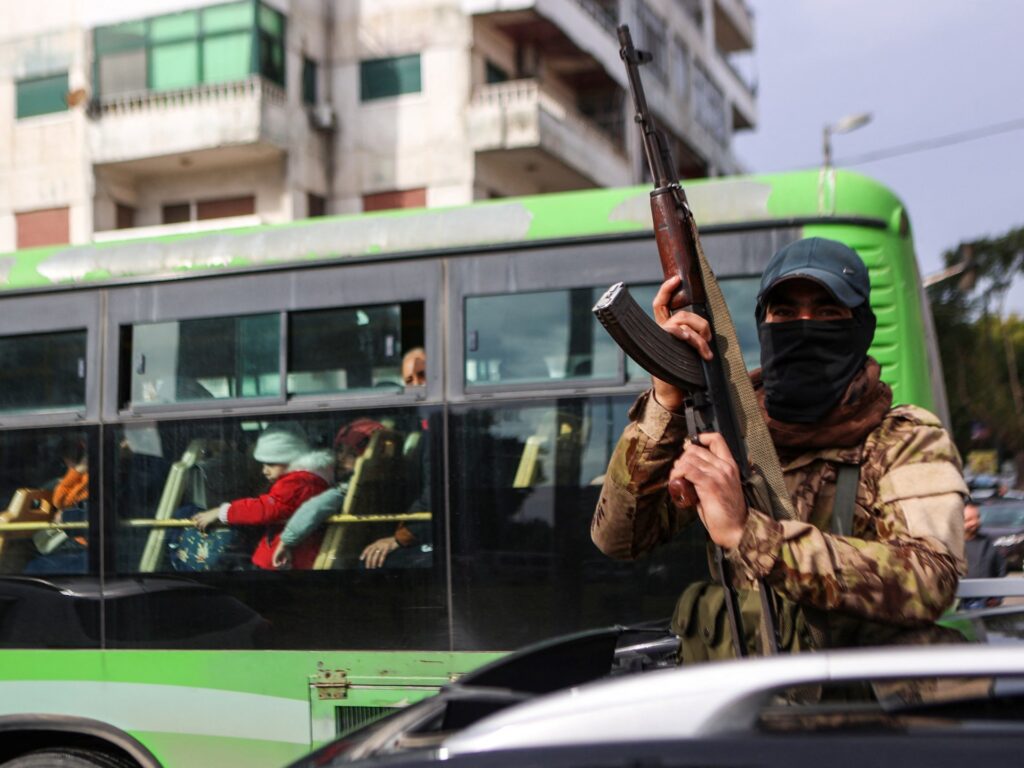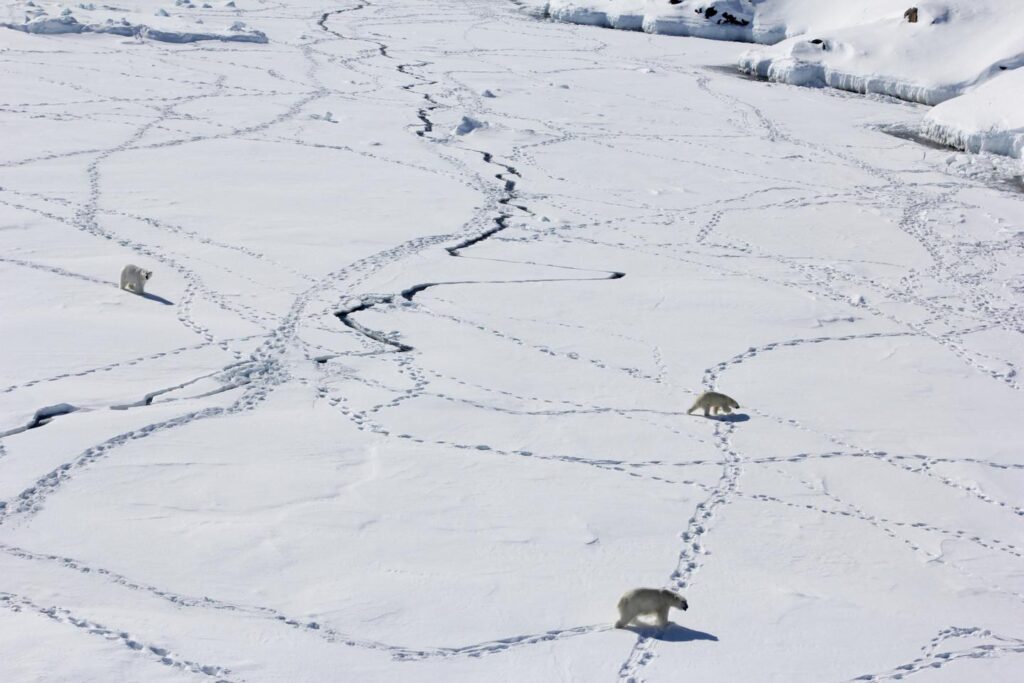The security forces in Syria fought against armed men faithful to the President filed Bashar al-Assad in the coastal region of the country for a second day, dozens of people reported in the deadliest violence since opposition fighters overthrew the regime last year.
Hasan Abdel-Ghani, spokesperson for the Syrian Ministry of Defense, told Al Jazeera that fighters loyal to Al-Assad attacked the security forces in several places in Latakia and acid governments that are home to the Alawite minorities to which the Al-Assad family belongs, killing “a number of security forces” in well planned.
The authorities did not issue a death balance sheet, but the war was monitoring the Syrian Human Rights Observatory (SOHR) said on Friday that more than 130 people were killed for two days of fighting. Among the dead were the security forces, armed men and civilians, he said.
Al Jazeera could not independently verify the number of deaths.
Violence evolved Thursday when the authorities said that militia groups aligned by Assad targeted security patrols and control points in the Jableh region and the surrounding campaign, before spreading more widely.
Friday, armed men faithful to the government stormed the villages of Pure, Mukhtariyeh and Haffah near the Syrian coast and killed dozens of men, according to the SOHR.
The Al Mayadeen TV, based in Beirut, said that more than 30 men had been killed in Mukhtariyeh after being separated from women and children.
The news agency of the Syrian State Sana, citing a security source, said that “individual violations” had been perpetrated after large unorganized crowds went to the coastal region following attacks on government security personnel.
“We are working to stop these violations,” said the source, without giving details.
Omar Al Hajj d’Al Jazeera, reporting from the city of Tartous, said the authorities had lost control in several districts after the “rebellions”, but “reinforcements … from various provinces and districts” had carried out a “huge security operation” in Tartous, Latakia and Banias.
The Latakia police chief told Al Jazeera that the city had been obtained on Friday afternoon and a seat on military and security sites had been lifted. Meanwhile, clashes have continued elsewhere.
The fire covers were declared Friday in the coastal cities of Tartous and Latakia, according to Sana.
Violence has shaken the efforts of the acting president Ahmed Al-Sharaa to consolidate control while his administration has trouble raising sanctions in the United States and struggling with wider security challenges, especially in the southwest where Israel said that he would prevent Damascus from deploying forces.
“Threatened” peace
Groups of people gathered on Friday outside the main Russian air base in Syria near the city of Jableh, requesting protection against Moscow.
Russia intervened in the war of Syria in 2015, defending itself with Al-Assad, although it has since opened links with the new authorities after its fall.
Al-Assad has lived in Moscow since he left Syria in December while the opposition offensive approached Damascus.
Russian Foreign Ministry spokesperson Maria Zakharova said Moscow was ready to coordinate “de-escalation” efforts with foreign partners.
She urged “authority Syrian leaders who can influence the development of the situation on the ground to make their best to end the bloodshed as soon as possible”.
Iran, a long-standing support of al-Assad, warned on Friday that violence in Syria could cause regional instability, reported the state media.
“Iran firmly opposes insecurity, violence, death and harm to the innocent Syrians of each group and tribe, and consider it a catalyst for regional instability,” said spokesman Esmaeil Baghaei.
Friday, the neighbor Turkiye warned against the “provocations” in the province of Latakia, saying that they threatened peace.
“Such provocations should not be allowed to become a threat to the peace of Syria and our region,” wrote the Turkish Foreign Ministry spokesman Oncu Keceli on X.
Alawite activists say that their community has been subject to violence and attacks since the fall of al-Assad, especially in rural homs and latakia.
While Al-Sharaa is committed to leading Syria in a inclusive manner, no meeting was declared between him and senior Alawriters, unlike members of other minority groups such as Kurds, Christians and Druze.
Under al-Assad, members of the Alawite community held the main positions in the army and the security agencies. The new government has blamed its loyalists for attacks on the country’s new security forces in recent weeks.


